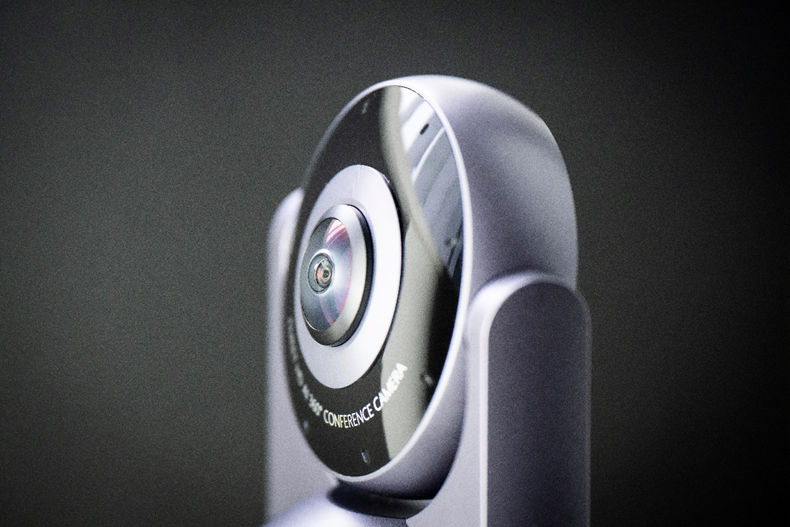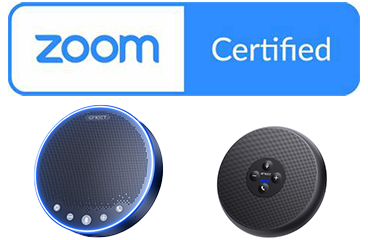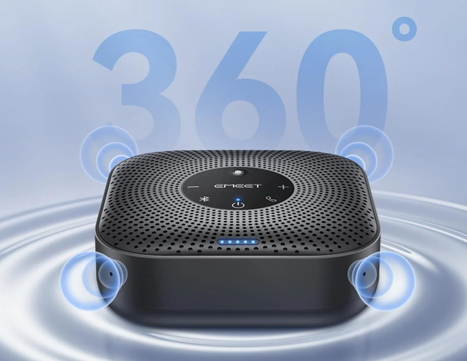Most schools have begun to conduct online teaching, so it is necessary to use remote devices to attend classes. For online education, the essential thing is network stability. So the first problem that needs to be solved is a stable Internet connection and a substantial bandwidth, which requires using a wireless network. With the development of technology and equipment, wireless Internet access has gradually become easy to implement. Moreover, with the rapid development of network technology, video conferencing has gradually integrated into people's life and work, providing fast and intuitive communication methods for users in different places. It has been widely used in government departments, telemedicine, remote monitoring, and remote education has been more and more widely used. This article will introduce the application of video conferencing in distance education.
Why teach remotely?
Remote education is a brand-new teaching mode based on a computer network and implements different levels of talent training from traditional education through modern remote education technology. It is a new mode of high-level talent training. To the greatest extent, it can guarantee the efficiency, scale and benefit of personnel training. Traditional teaching has limitations:
1. Traditional education is mainly classroom-centred, with small teaching spaces and a poor teaching environment.
2. Traditional schooling has high requirements for teachers and students because teachers and students are fixed in the classroom for teaching.
3. The traditional learning method cannot satisfy the individualized learning of some students, which is not conducive to teaching students in accordance with their talent.
Remote education takes into account students' needs for learning: it uses modern technology pushes through the limitations of time and space. It gives students the right opportunity to choose the learning environment freely. It can also make full use of learning resources and optimize educational resources. Configuration, to achieve educational equity and to improve teaching quality goals. In the process of personnel training implemented under this new model, "people-oriented", "on-demand teaching", and "personalized learning supported by information technology" have been realized.
Remote Education Requirements for Video Conferencing
General video conferencing can meet the needs of the conference as long as it can better complete video and audio interaction and a small amount of data transmission simultaneously. Although the real-time teaching system of distance education is realized based on video conferencing, it puts forward higher requirements for video conferencing. First, the video/audio quality should be increased because the video/audio information generated by the anchor classroom must be transmitted to the remote listening classroom through the transmission network.
Only high-quality video/audio information can ensure that you can genuinely reproduce the video image and sound in the remote listening classroom, thereby improving the teaching effect. Also, with solid data interaction capabilities, in the distance teaching process, not only must you complete the video/audio interaction, but more importantly. It is necessary to ensure fast data transmission capability. To facilitate students' review after class, teachers should send their electronic teaching plans and learning materials to students before the end of each course. If the data transmission speed is relatively fast, Slowness is bound to affect the standard teaching progress.

Uses of Video Conferencing Equipment
1. Audio Remote Teaching
In most cases, teacher audio will be more important than video. The far end of the class needs to hear full audio, but there is also a need to lift the voice in the classroom as there will be a teacher whose voice is silenced by a mask if one-half of the class is in the same room. The EMEET OfficeCore M3 speakerphone should come in handy. This speakerphone has 4 sensitive Omni-directional mics that enable up to 5-meter, 360° voice pickup; an intelligent algorithm captures and shows the speaker's direction with a ring light.

2. Asynchronous Teaching
As an asynchronous approach to learning, students learn within a specified timeframe based on their schedule. A one- or two-week period of access allows students to take lectures, read, do homework, and access other learning materials whenever they want. Teachers will record their teaching materials, and the students can watch the video repeatedly. Therefore, the teacher needs to select a high-resolution webcam to conduct the recording, as if you were using the built-in camera from your laptop, it may affect the quality of the video, such as audio loss or video lacking etc. The EMEET SmartCam S600 would be a suitable webcam for recording. It is an ultra-high definition 4K resolution with a pro-grade sensor that reproduces every detail, delivering life-grain-free images.

3. Synchronous Teaching
The concept of synchronous learning refers to the fact that although you will be learning online, you will virtually attend a class session with your instructor and classmates weekly. There will be no possibility of rescheduling this class since it is a weekly commitment. To perform a successful remote classroom, a stable connectivity webcam with high-quality resolution and audio pickup would need to be highly considered. You need to ensure that the webcam you have selected for your live remote classroom needs to be cleared with no lacking involved and good audio pickup, where you can deliver all your audio to the students. Therefore, the EMEET SmartCam C980 Pro would be ideal for this situation. The webcam has a 1080P HD lens, 4-mic array and 2 speakers, a simple solution for an efficient conference.

Conclusion
In modern remote education, information can be disseminated rapidly due to the development of technology, educational resources have been enriched, and teaching models have undergone tremendous changes. In modern remote education, teachers should use network teaching tools and technical means to organize teaching activities. There is a lot of video conferencing equipment available on the market that will help you setup your remote classroom and enable your students to receive the maximum education.


